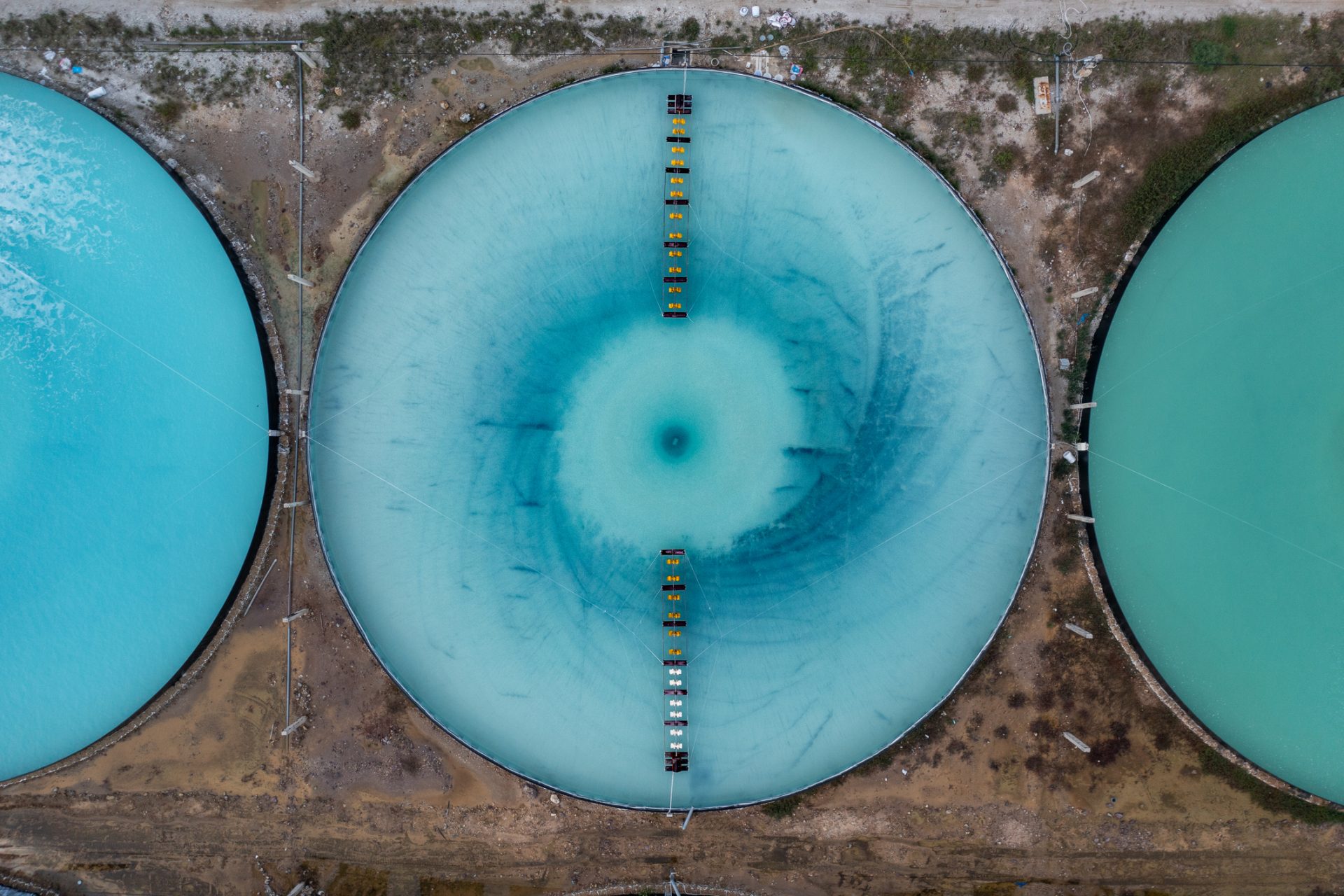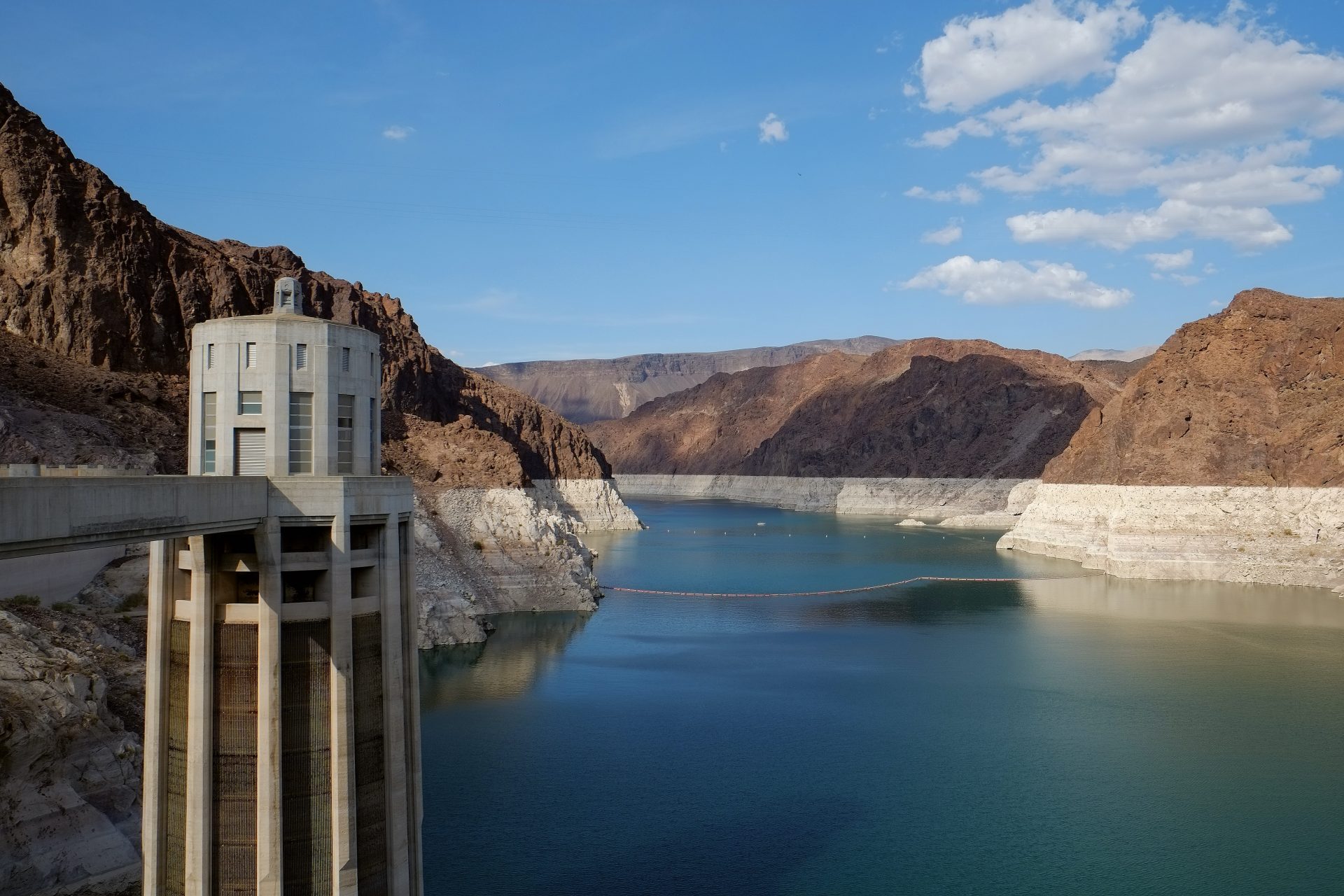Humanity is facing a freshwater crisis but it can be stopped if we act now
The world is facing a future freshwater crisis according to a report from the Global Commission on the Economics of Water. But we can avert this crisis if we work together to change the future of freshwater.
Published in March 2023, the groundbreaking report revealed a big water crisis was brewing with freshwater demand expected to outstrip the world supply by 40% before the end of the decade.
The coming water crisis could be the most important problem humanity will face. However, the authors of the report noted that the situation can be avoided if the world acts quickly to manage its water resources.
Photo by Ana Filipa Neves on Unsplash
“The scientific evidence is that we have a water crisis,” the co-chair of the Global Commission on the Economics of Water Johan Rostrom told The Guardian.
“We are misusing water, polluting water, and changing the whole global hydrological cycle, through what we are doing to the climate. It’s a triple crisis,” Rostorm added.
The researchers who published the report also outlined a seven-point plan to help reverse the world’s freshwater supply problem and move towards a sustainable future.
“A sustainable and just water future can be achieved,” the authors of the report wrote in their forward. “It requires a sea change in how we value, manage and use water.”
The framework for changing our water outcome included solutions like the end of government subsidies for extraction and halting the overuse of water for commercial purposes.
“First, we must manage the global water cycle as a global common good, to be protected collectively and in the interest of all,” the reports website noted.
Not all of the seven points were as abstract as changing the way we define water, however. Concrete solutions like halting government subsidies and reforming business practices were proposed.
“Governments must urgently stop subsidizing the extraction and overuse of water through misdirected agricultural subsidies,” wrote Fiona Harvey when reviewing the report's points.
Harvey added that the report also noted industries like mining and manufacturing would need to be overhauled in order to change their wasteful practices and move towards more sustainable water management practices.
“Proper pricing along with targeted support for the poor will enable water to be used more efficiently in every sector,” the report's authors also pointed out.
The report’s explanatory website also focused heavily on explaining the crucial role current and future water infrastructure projects will have in reversing our over-usage problem.
“Fortifying freshwater storage systems, especially the natural assets such as wetlands and groundwater, which have been dangerously depleted,” will be extremely important to securing our water future according to the report.
"Developing the urban circular water economy" will also be an important step forward as well as the proper recycling of "industrial and urban wastewater," something the report's website noted "remains largely untreated."
However, the most important part of creating a successful water future will be the reshaping of the world's water governance so that freshwater protection and security becomes a collective global effort.
Our water future can be a bright one, according to the Global Commission on the Economics of Water, but it will “take greater collective resolve” to accomplish the goal.
Photo by Catt Liu on Unsplash
More for you
Top Stories































